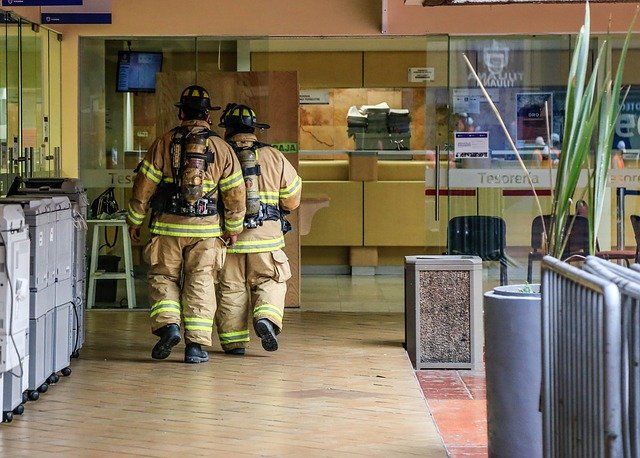
In the decades following the Health and Safety at Work etc. Act 1974, the UK has come a long way in regards to health and safety policies. We recognise the importance of making sure lives are being protected wherever possible, and that includes at work.
Businesses have a responsibility to ensure the physical wellbeing and safety of all of their staff, but how far does this stretch? What fire safety procedures are UK offices required to have in place?
More...
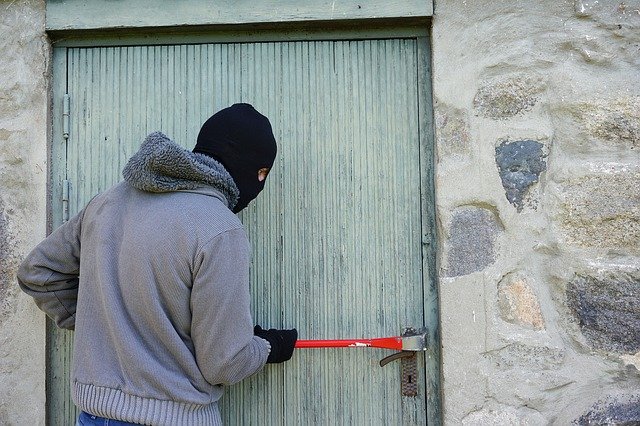
When it comes to selecting a security alarm, it can be difficult to know which one to go for since there’s such a wide range of systems available on the market. Identifying how burglars might try and enter your home can help you select the best security system to keep you and your property safe.
In this blog post we’re going to be taking a look at some of the most common methods that home invaders use to invade residential properties, and some of the best ways you can protect your property and prevent attacks on your home.
More...
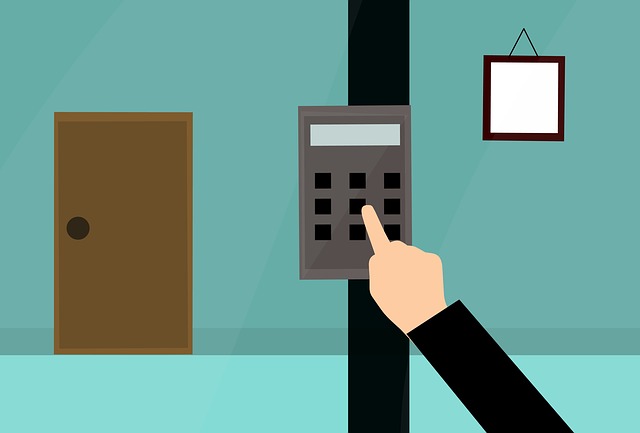
There are a number of different door entry systems available in the UK and they’re all slightly different, but they all serve the same essential function: restricting access to a particular area so that only individuals with the appropriate clearance or permissions can enter.
Door entry systems are a versatile security measure commonly found at the entrances to office buildings and blocks of flats. If you want to learn more about how door entry systems are used in these specific places, click the links down below.
Door Entry Systems for Flats Office Door Entry Systems
More...
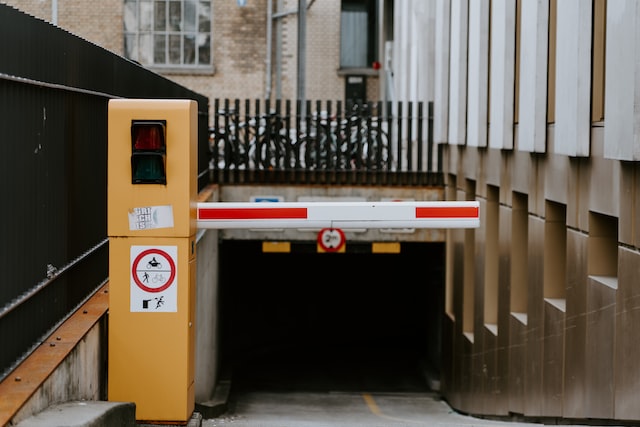
There are different automatic barriers available for different environments, such as gates, rising bollards, and turnstiles. Whether you’re looking to increase security at a retail development, car park, hospital, commercial building, school, hotel, or public building, automatic barriers are a great option.
Read on to find out more about the versatility of automatic barriers and how they can be used to protect you and your property.
More...
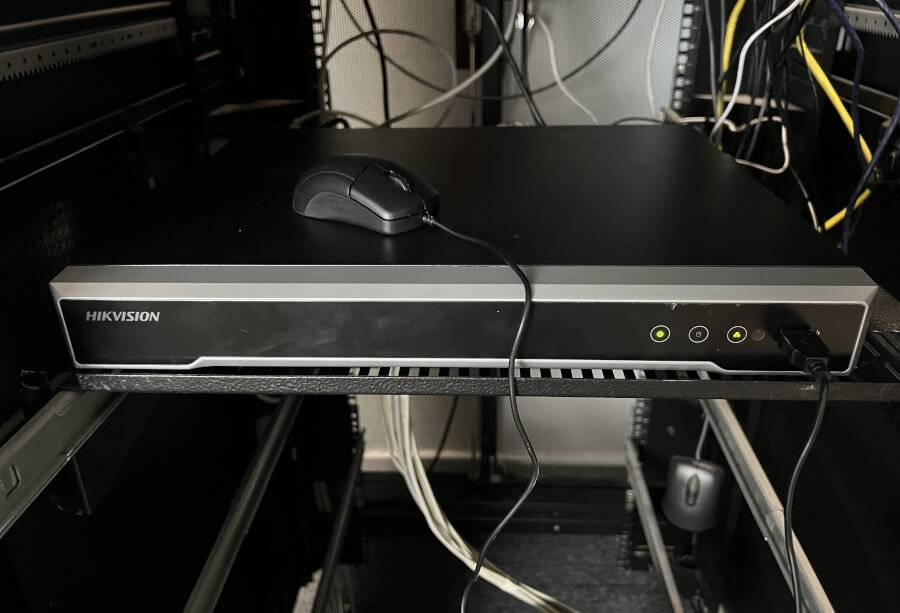
A Network Video Recorder, also known as an NVR, is essentially a hard drive that stores data for recording security systems. It stores the recorded footage and gives you the ability to view and organise your security data through a monitor.
When you’re considering installing a security system, you’ll be faced with two options when it comes to recorders: Digital Video Recorder (DVR) or Network Video Recorder (NVR) systems. Both systems will record your security footage, but they work in very different ways. As a result, you can expect the security footage will differ depending on your chosen recording system.
If you’re interested in installing a security system and are wondering which recording system is the best fit for you, read on to find out more about the differences between DVR and NVR systems.
More...